a cura di Centro Studi Eurasia e Mediterraneo e SpecialEurasia
Introduction
On December 6th, 2024, CeSEM – Centro Studi Eurasia Mediterraneo, in collaboration with SpecialEurasia, hosted the pivotal event titled “Escalation Risks in the Ukraine Conflict: European People Want Peace!” The event brought together an impressive panel of military professionals, political analysts, diplomats, and experts in various fields to address the ongoing escalation of the Ukraine conflict and explore potential solutions. The organisers structured the event around three core themes: defence, politics, and diplomacy. Each section provided a platform for discussing the multifaceted nature of the crisis and its profound implications for Europe and the global order.
At the heart of the event was the urgent call for de-escalation and the identification of pragmatic strategies to mitigate the conflict’s devastating humanitarian, economic, and geopolitical consequences. The discussions culminated in the drafting of a preliminary peace proposal, reflecting the collective insights and perspectives of the participants. The draft offered a framework for a ceasefire and political negotiations, while balancing the security needs of all parties involved and promoting long-term peace and stability in Europe.
Defence Panel: Military Analysis and Preparedness
The Defence panel, moderated by Giuliano Bifolchi, SpecialEurasia’s Research Manager, provided a detailed examination of Europe’s military vulnerabilities considering the Ukraine conflict.
General Francesco Cosimato’s analysis was a powerful critique of Europe’s fragmented defence mechanisms. He advocated for the establishment of a cohesive and independent European military strategy to ensure that Europe can secure its borders and protect its citizens without relying solely on external actors, such as the United States.
General Cosimato highlighted significant gaps in Europe’s military infrastructure, including outdated artillery systems, a lack of sufficient long-range missile capabilities, and inadequate strategic airlift capacity. These deficiencies, he argued, have left Europe exposed to both conventional and non-conventional threats. He noted that, while NATO’s collective defence is robust in some areas, it has proven insufficient in addressing the dynamic nature of modern warfare, especially with the advent of hybrid warfare tactics.
Lieutenant Colonel Fabio Filomeni expanded on these concerns, stressing that the nature of warfare has changed significantly in the 21st century. Electronic warfare, cyberattacks, and the use of drones and hypersonic missiles increasingly defined modern conflicts. Filomeni cautioned that while advanced weaponry could shift the balance of power on the battlefield, technology alone does not guarantee strategic success. He stressed the importance of comprehensive planning, robust training, and logistical capabilities. He criticised the European Union’s handling of the Ukraine crisis, emphasising that Brussels had failed to adopt a consistent policy towards Russia. Filomeni described Brussels’ approach as a double-standard, on one hand advocating for diplomacy while simultaneously supporting militaristic measures that escalated the conflict. This, he argued, has exacerbated tensions with Russia and failed to bring about the necessary negotiations to resolve the crisis.
The discussion took a serious turn when the panel examined the risks of the conflict escalating into a broader war involving NATO. The speakers pointed to Ukraine’s potential use of long-range weapons supplied by the U.S. as well as Russia’s deployment of hypersonic missiles as proof that the stakes are escalating. These weapons not only threaten NATO’s defensive capabilities but also highlight the fragility of Europe’s security architecture. Experts cautioned that any further provocation could lead to direct confrontation between NATO and Russia, with catastrophic consequences for European security.
The panel also discussed the implications of hybrid warfare, emphasising the growing significance of cyberattacks, disinformation campaigns, and other non-traditional forms of warfare. These tactics, they argued, could have a destabilising impact on critical infrastructure, political systems, and public trust in government institutions. The speakers accentuated the need for a comprehensive security framework that addresses not only conventional military threats but also the evolving nature of hybrid and cyber warfare.
Politics Panel: Europe’s Strategic Missteps
The Political panel, moderated by Stefano Vernole, CeSEM’s Foreign Affairs Manager, focused on Europe’s political approach to the Ukraine conflict and critiqued its failure to act as a neutral mediator. Both Gianni Alemanno and Roberto Vannacci argued that the European Union has failed to assert itself as an independent actor in this crisis, instead choosing to align itself unconditionally with U.S. policies. This alignment, the speakers contended, has exacerbated Europe’s economic vulnerabilities, particularly in the energy sector, while neglecting Europe’s broader strategic interests.
Gianni Alemanno’s critique of Italy’s current geopolitical and domestic policy framework highlights the complexity and contradictions within its strategic orientation. He asserts that the Italian government, particularly under Giorgia Meloni and Mario Draghi, has embraced an overtly pro-Atlantic stance, aligning itself with the United States and broader Western interests. This alignment has been driven, in part, by economic considerations, such as maintaining low bond spreads facilitated by favourable ratings from U.S.-based agencies. However, Alemanno argues that the costs of such alignment outweigh the benefits, with Italy experiencing significant industrial and strategic setbacks because of its estrangement from Russia. Losing Russian energy supplies, once the foundation of European industrial growth, has precipitated deindustrialisation—a far graver concern than cyclical recession, given its long-term implications for Italy’s economic structure.
Alemanno further critiques the ideological underpinnings of Italy’s policies, which he believes are influenced by both the Biden administration’s geopolitical aims and the European Union’s Green Deal agenda. These policies, in his view, represent not merely a confrontation with Russia but also an assault on European economic sovereignty. The prospective return of Donald Trump to the U.S. presidency introduces further uncertainties, with divisions within American policy circles over how to address Russia—whether to isolate and defeat it decisively or to engage with it strategically to weaken Sino-Russian ties. Alemanno suggests that a pragmatic and peaceful approach should prevail, counterbalancing the militaristic tendencies of U.S. defence and intelligence apparatuses.
On the situation in Ukraine, Alemanno foresees an eventual settlement involving a ceasefire, followed by a realistic and non-ideological negotiation process. He advocates for the principle of self-determination, proposing internationally supervised referenda in contested regions like the Donbas to ascertain their alignment. This approach, he believes, would not only reflect the will of local populations but also form the basis for a durable compromise. Furthermore, he emphasises the necessity for Russia to secure guarantees against Ukraine’s NATO membership, a concession critical to Moscow’s strategic security concerns. Alemanno extends this argument to a broader vision, calling for the dissolution of NATO in favour of a truly independent European defence capability, distancing the continent from the militaristic agenda of the Atlantic alliance.
Finally, Alemanno laments the erosion of Italy’s international credibility, attributing it to what he perceives as a submissive stance towards Washington. He contends its alignment has repeatedly compromised that Italy’s national interests with NATO-led military interventions, which he views as contrary to the country’s strategic priorities. Alemanno criticises the Meloni government for further diminishing Italy’s standing, likening the nation to a “third-tier” state and calling for the swift conclusion of Meloni’s tenure. His vision entails a strategic recalibration towards a more autonomous European policy framework, enabling Italy to recover its sovereignty and reassert its relevance on the global stage.
Vannacci elaborated on this point, describing the Ukraine war as part of a broader geopolitical struggle between the U.S.-led West and Russia. This rivalry, he argued, has transformed Ukraine into a proxy battleground rather than a sovereign nation that can act independently on the global stage. He noted that Europe, rather than acting as a mediator, has become entangled in a conflict that serves the interests of external powers while neglecting its own economic and political well-being.
The panellists also discussed the detrimental impact of the EU’s decision to adopt sanctions against Russia. Alemanno argued that these sanctions, while intended to weaken Russia, have instead harmed European economies by disrupting trade and escalating energy costs. Vannacci added that Europe’s decision to take sides without a clear understanding of the long-term consequences has weakened its geopolitical position, diminishing its ability to negotiate from a position of strength.
Diplomacy Panel: The Diplomatic Void
The Diplomacy panel, moderated by Federico De Renzi, CeSEM’s Analyst, focused on the absence of effective diplomatic engagement in the Ukraine conflict. Ambassador Bruno Scapini presents the ongoing conflict in Ukraine not as a bilateral issue between Russia and Ukraine, but as a manifestation of a broader geopolitical struggle to involve powerful entities beyond the immediate region. He frames the situation as a deliberate effort to destabilise global systems, facilitated by the erosion of traditional values such as family and peace. According to Scapini, this destabilisation is driven by the dominance of “globalised capital” and the replacement of political governance with a technocratic elite. He further asserts that the increasing prevalence of military conflicts worldwide—over 350 in total, with 250 currently active—reflects the ascendancy of militarisation over disarmament and peace. In his analysis, the rhetoric against Russia and China serves as a mechanism to sustain economic engines driven by military-industrial interests, making the Ukraine conflict an ideological battleground for U.S. elites seeking to undermine the territorial and political sovereignty of their adversaries.
Ambassador Marco Carnelos places the conflict within the context of the declining hegemony of the West, marking a pivotal moment reminiscent of the Cuban Missile Crisis in 1962 or the prelude to World War II in 1938. He argues that the war’s outcome will determine not only Ukraine’s fate but also the global balance of power, positing that a Russian victory is the least damaging scenario. Carnelos critiques the provision of long-range weaponry to Ukraine, suggesting it stems from domestic U.S. political calculations under President Biden, aimed at constraining his political rivals. He also highlights the global debt crisis as a factor inhibiting strategic decision-making. Carnelos warns of the absence of viable ceasefire options and underscores China’s stake in the conflict, asserting that a Russian defeat would leave Beijing isolated and competing with the European Union.
Both diplomats underlined the profound consequences of the conflict on the European geopolitical landscape. Scapini emphasises the ideological dimension, suggesting that Western narratives against Russia and China reinforce militarisation and serve the interests of elite groups. Carnelos, on the other hand, critiques the European Union’s increasingly fragmented role, describing it as a geographically constrained entity shaped by Baltic and Polish influence, with Britain continuing to dictate strategic directions despite its departure from the bloc. He draws historical parallels to moments of existential threat in the 20th century, asserting that the EU must redefine its strategic posture to avoid escalation and delineate a sustainable boundary between itself and Russia.
Ultimately, both perspectives converge on the view that the Ukraine war exemplifies the broader systemic crises of the modern world. They point to the erosion of traditional power structures, the ascendancy of technocracy, and the deepening militarisation of international relations. The insights provided by Scapini and Carnelos underscore the critical need for rethinking global governance frameworks and addressing the underlying forces driving these conflicts. Without such efforts, the international system appears poised to spiral further into destabilisation and confrontation.
Conclusion
The event concluded with the formulation of a draft peace proposal designed to address the escalating conflict in Ukraine and set the stage for long-term stability. The proposal, which was a collective effort by the participants, included several key recommendations aimed at de-escalating the conflict and fostering a sustainable peace.
Key elements of the proposal:
- Immediate Ceasefire: A call for all parties involved to immediately commit to a ceasefire to prevent further loss of life and destruction.
- Negotiations for a Political Agreement: Following the ceasefire, a comprehensive negotiation process should be initiated to address the territorial and security concerns of both Russia and Ukraine.
- Ukraine’s EU Membership with Conditions: Ukraine should be allowed to join the European Union, strengthening its economic and political ties to Europe. However, the agreement should explicitly state that Ukraine will not join NATO and that it will not host NATO military bases on its territory.
- Abolition of Sanctions and Renewed Trade Relations: Western sanctions against Russia should be gradually lifted, contingent upon compliance with the agreement. In parallel, Brussels and Moscow should explore new trade and economic relations to rebuild mutual trust and cooperation.
- It is necessary to understand and take into account Russia’s interests. It is necessary to conduct a comprehensive independent assessment of the objective reasons for Russia’s military escalation.
This framework reflects the consensus among participants that a sustainable solution must balance the legitimate security concerns of all parties while fostering economic interdependence and regional stability. By prioritising dialogue and pragmatism over confrontation, the proposal offers a pathway to end the conflict and prevent further escalation. The peace proposal is not just a call for an end to hostilities but a long-term vision for a more balanced and peaceful Europe.
VIDEO INTEGRALE DELL’EVENTO
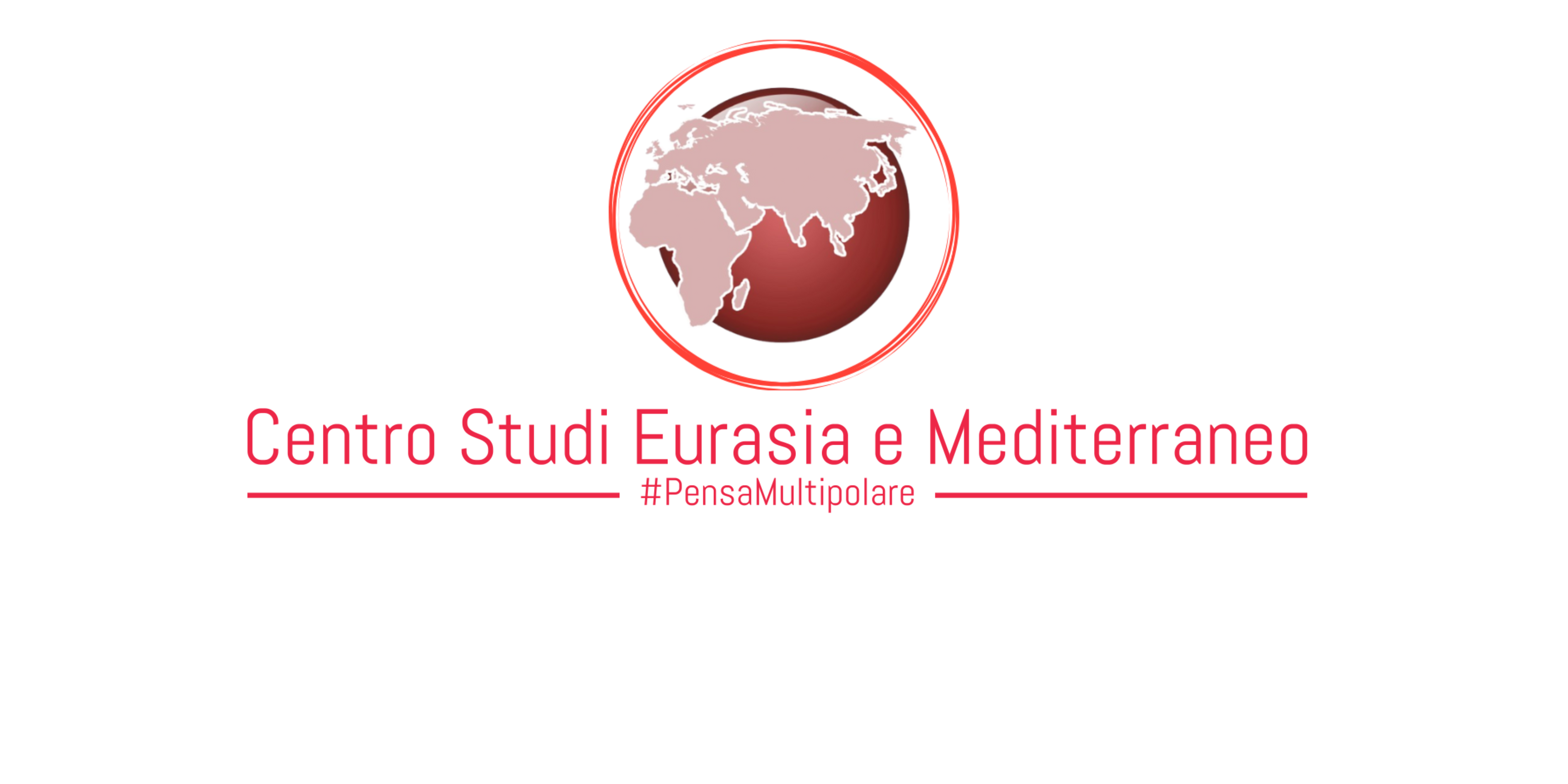




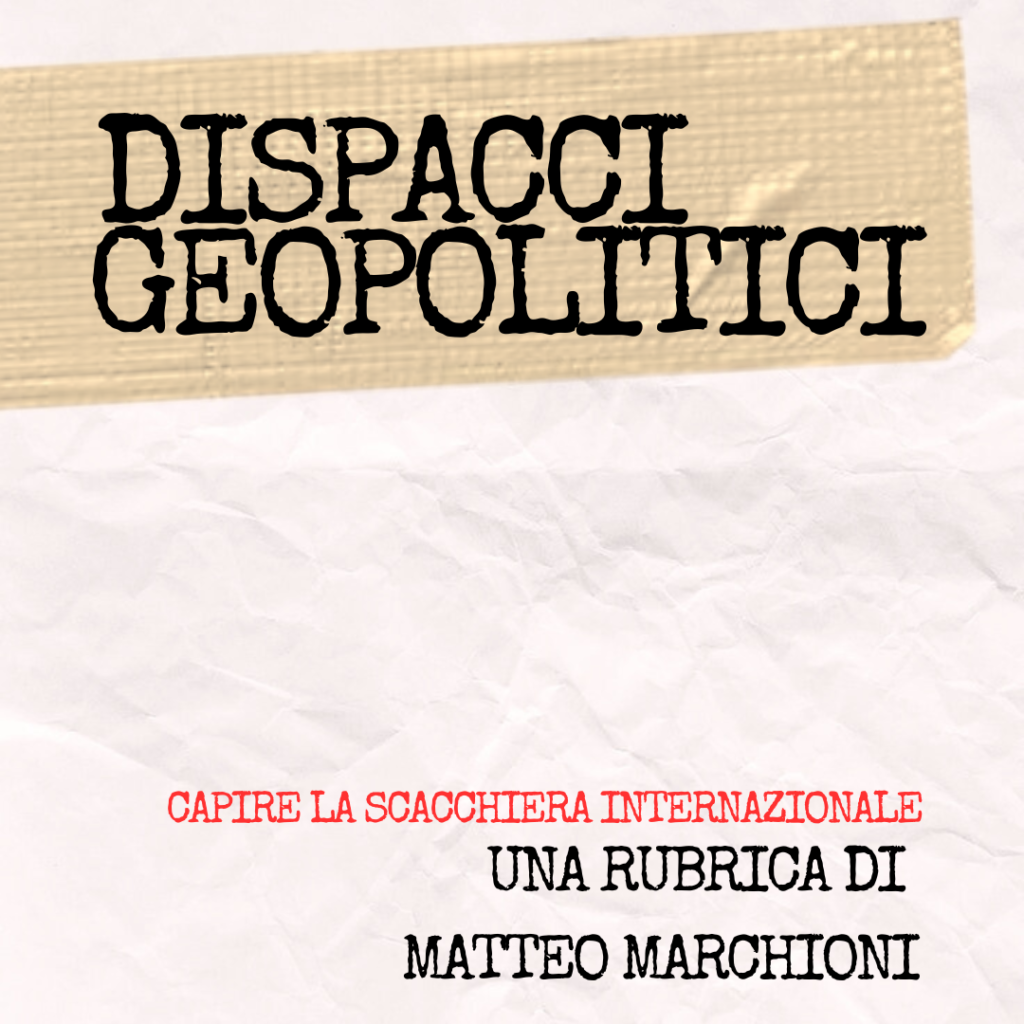
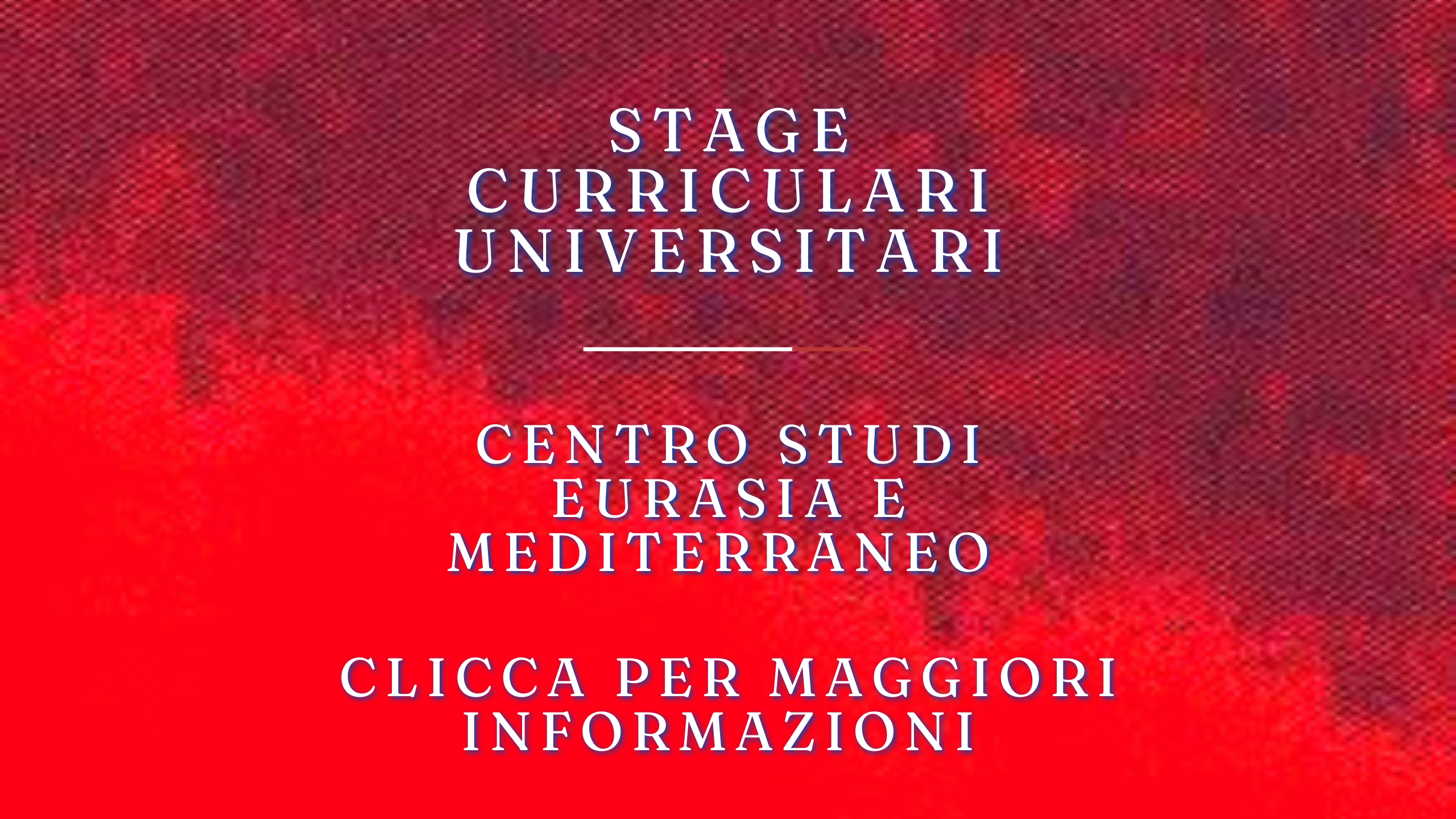
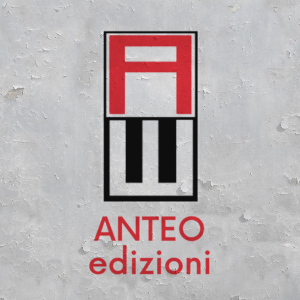
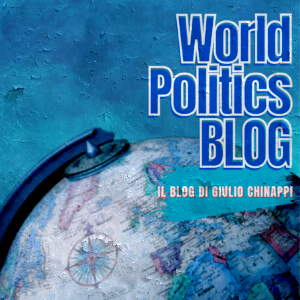



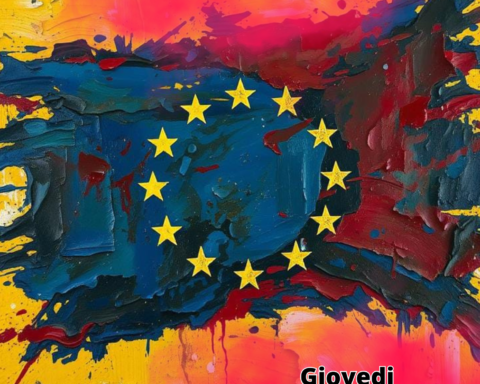
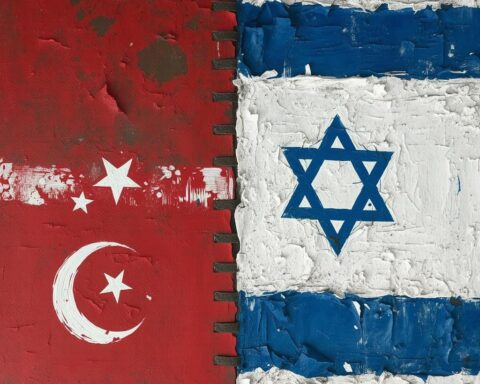





Il CeSE-M sui social